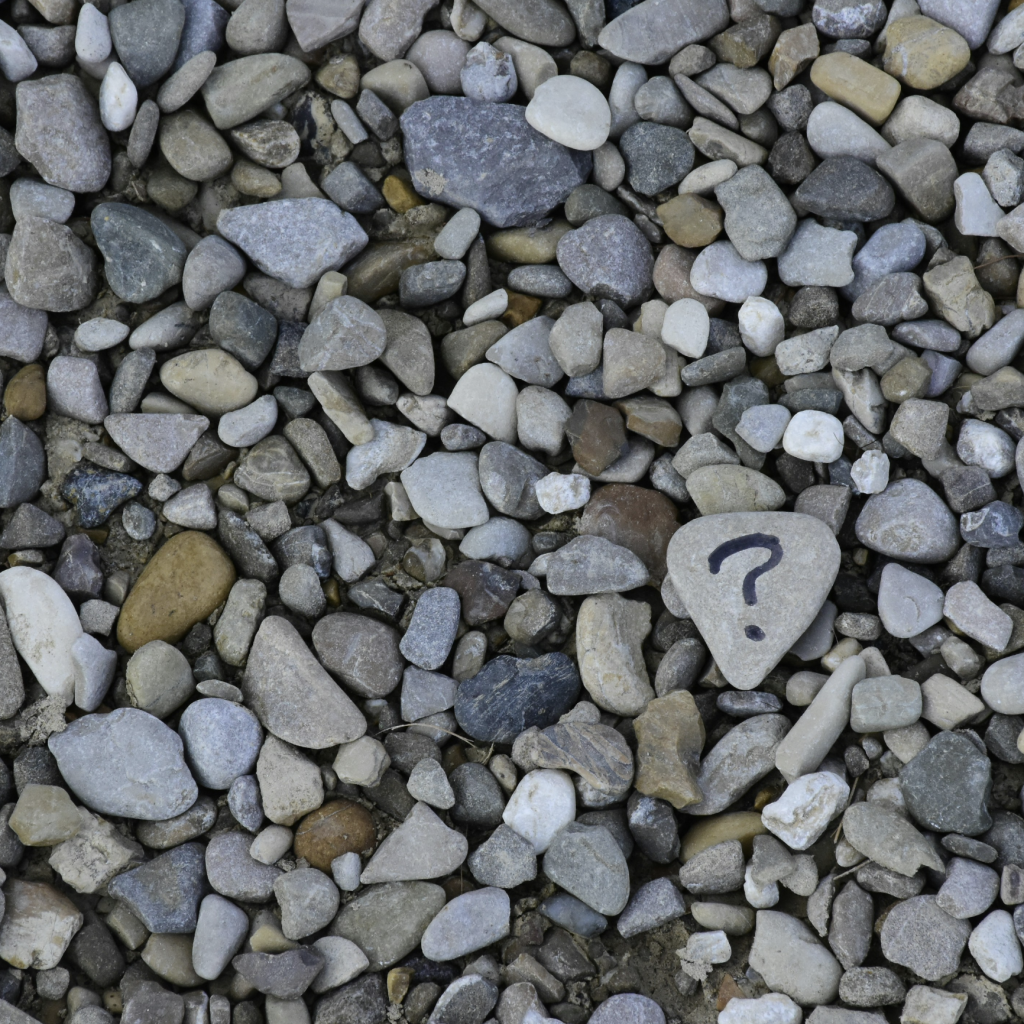[FR] Europe as a power: an old chestnut or a new requirement?
Text published in the Spring Economy Magazine

The sea serpent of European power is back. For some, Europe appears to be definitively downgraded, disoriented and unable to survive in the global chaos: only nations would resist to protect us. For others, the dual possibility of a Donald Trump victory and a possible war with Russia signals the need for action: only a strategic Europe could save us. Both scenarios obviously have some truth to them. This is one of the reasons why next June’s European elections will be decisive: in reality, it is not a question of choosing between short-term political preferences, often tinged with national colours, but between two visions of Europe’s future.
At first glance, the Union has few cards to play in becoming a credible power. Its DNA is already a handicap: European integration has never made defence and strategic ambition a competence, let alone a priority, of the Union. Current events also run counter to the quiet pacifism of Europeans: since the start of the war in Ukraine just two years ago, it is NATO that has established itself as the indispensable institution, arming Ukraine, deterring Putin from going too far, and reassuring allies of America’s determination to defend them. European efforts to establish a common defence policy have become de facto less of a priority than in the past. In the face of other major crises that are mobilising the international community, Europeans are also cutting a poor figure: the Union is completely absent from the Israeli-Palestinian conflict, except for the pursuit of its humanitarian missions; as for Taiwan’s security, the Union is neither on the front line nor in a position to do anything. Some Member States may play a specific role, but certainly not the EU as such. The most pessimistic observers would add to this already bleak picture the prospect of a totally destabilising enlargement, as well as internal political divisions within the EU between relatively pro-Russian populists and democracies that are more solid in their foundations and their support for Ukraine. Finally, the EU’s economic performance is also disappointing: growth will barely reach 0.8% in 2023, while the US economy remains very dynamic with a rate of 2.5%.
However, the world is changing, and so is the Union. Europe is learning as it goes along, and its learning is already yielding tangible results. The European Commission seems to have turned its back on its traditional trade irenicism and begun an initial geopolitical conversion: it has understood that the single market and competition rules must be adapted to new strategic constraints, just as critical infrastructure must now be protected from foreign direct investment, and maximum technological, digital and industrial sovereignty must be sought. Several major initiatives have also been taken to boost the European defence industry, both in support of Ukraine and in response to Europe’s own shortcomings. Thierry Breton has just proposed a €100 billion fund to ‘significantly increase our defence industrial base, but also to develop common security infrastructures’. For their part, the Member States have finally dared to put an end to Orban’s blackmail: the €50 billion in aid promised to Ukraine will be released, regardless of the threats of veto and blackmail from a country that the EU could well circumvent if the creativity of European lawyers were to be put into action… When it comes to defence, member states have never made such a concerted effort: they now all devote between 2% and 4% of their GDP to military spending, and all are seriously considering the possibility of a more conflictual future with Russia.
As for Donald Trump’s possible victory in November 2024, it has become the greatest collective anxiety. The Republican candidate makes no secret of his desire to end aid to Ukraine, just as he leaves doubt about his commitment to NATO. Admittedly, there are a thousand ways to ‘leave NATO’, it seems unlikely to me that America would completely abandon more than a century of political and military investment, given that NATO also serves as a rear base for American military operations in the Middle East and the Gulf. However, nothing is worse than uncertainty about the functioning of a military alliance for undermining its credibility.
Europeans are therefore right to wonder, and Russians no doubt to rejoice: what about extended nuclear deterrence? Would Trump be prepared to cover and defend Poland, while leaving Putin room for manoeuvre on smaller countries, such as the Baltics? And who would command the remaining European forces? A Frenchman? A Briton? Will these two countries fight over military leadership? The Pandora’s box of common defence, which some thought could always be kept locked, is now open, releasing Europe’s worst nightmares… Next June, Europe will therefore have to take a major turn: but who could hesitate between national options, often very small, and a collective European option, in favour of a sovereign, united Europe, solidly armed to defend, if necessary, its territories as well as democracy?




